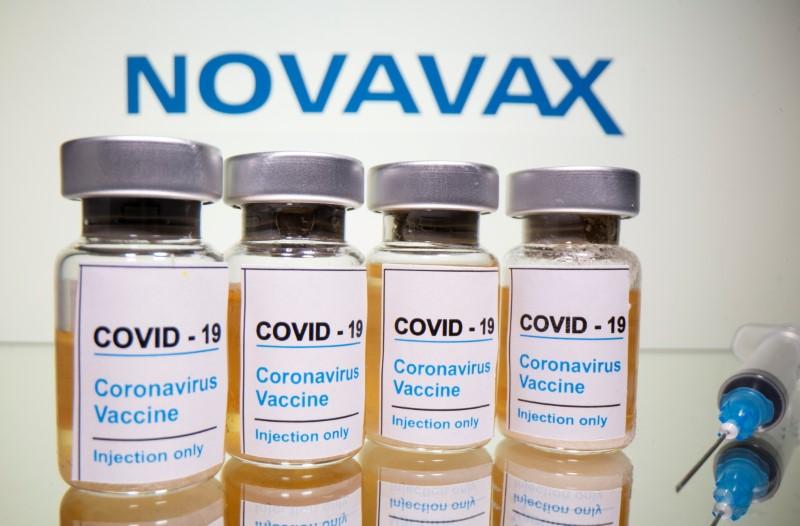The U.S. Food and Drug Administration (FDA) announced Friday that it will have its advisory panel meet to discuss Novavax’s request for emergency use authorization (EUA) of its COVID-19 vaccine in June.
“On June 7, FDA intends to convene VRBPAC [Vaccines and Related Biological Products Advisory Committee] to discuss an EUA request for a COVID-19 vaccine manufactured by Novavax to prevent COVID-19 in individuals 18 years of age and older,” the federal regulatory agency said in a press release.






